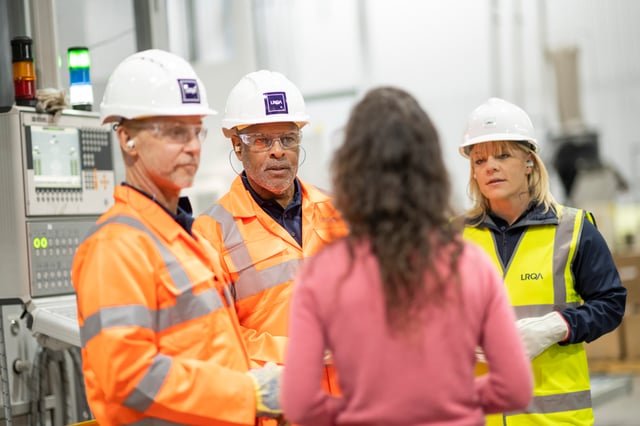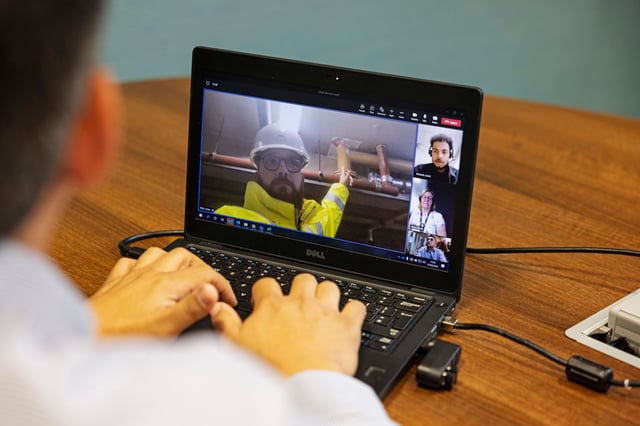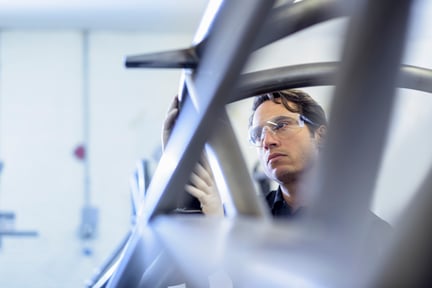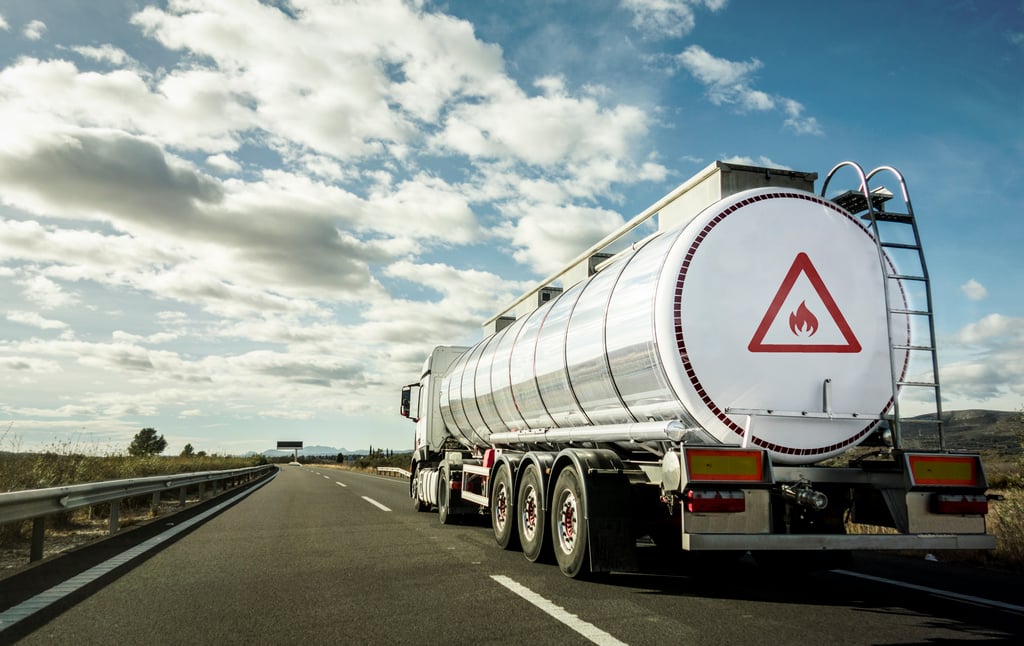
Industry specific standards
In the current global landscape, having the right verification framework will ensure the accuracy, credibility, and transparency of reported GHG emissions data. An industry specific standard enables businesses to identify opportunities for emissions reduction, improve efficiency, and strategically position themselves in their market while demonstrating their commitment to their environmental responsibility.
Our sector carbon standards services
Our people are experts and understand that every business is unique. That’s why we partner with you to fully understand your needs and goals and how we can best support you.
![]()
LRQA verification
Independent verification of your carbon footprint towards your environmental objectives, enhancing transparency and provide valuable insights to inform critical decisions.
![]()
Actionable insight
Our data-driven approach means our expertise in your sector is underpinned by extensive analytics, which can be applied to address current and future risks within your operations and supply chain.
![]()
Integrated approach
We combine verification of data with a streamlined process to effectively address your organisation's commitments to climate change.
Construction
PAS 2080 Sustainable Infrastructure (Logistics)
Focusing specifically on carbon management, PAS 2080 provides guidelines and a framework for managing carbon in infrastructure projects. This includes transportation, energy, water, and other critical infrastructure projects. It ensures carbon is consistently and effectively quantified at key points, enabling carbon data to be shared transparently along the supply chain.
Transport
ISO 14083 Greenhouse Gas (Transport)
With a focus on the transport supply chain, ISO 14083 sets out a comprehensive framework for the quantification and reporting of greenhouse gas (GHG) emissions. ISO 14083 provides a consistent framework for calculating transport emissions, aligning with environmental regulations and continuous improvement.
Consumer Goods and Retail
Higg FEM
The Higg Facility Environmental Module (FEM) assessment tool standardises how organisations measure and evaluate their environmental performance including Greenhouse Gas (GHG) emissions, water use, waste management and other environmental impact.
The primary goal of Higg FEM is to set a global standard to promote transparency and accountability throughout the textile industry and supply chains.
Why work with us?
Global capability
We’re everywhere you are. With highly qualified auditors worldwide, we can provide a local service, including verification, with a globally consistent dedication to excellence.

Flexible delivery
Our sector carbon standards services can be delivered on-site or remotely using safe and secure technology. By blending face-to-face and digital methodologies we create a service delivery model to best support your needs.

A history of firsts
We were first to receive accreditation to deliver certification services for a range of quality, environmental, and health and safety standards across the globe. And we continue to be instrumental in developing a variety of specific standards across different sectors, including verification services.

Sustainable focus
With over 20,000+ audits carried out every year, including sector carbon standards, we are one of the world’s largest ESG specialists. We have developed the world’s first end-to-end supply chain ESG due diligence platform, incorporating unique proprietary data that is verified from the ground up.


Château Troplong Mondot obtains GES verification from LRQA
Read the case study detailing LRQA's GES verification for Château Troplong Mondot, where LRQA ensured standards were in line with the environmental cause: IWCA
View case study







